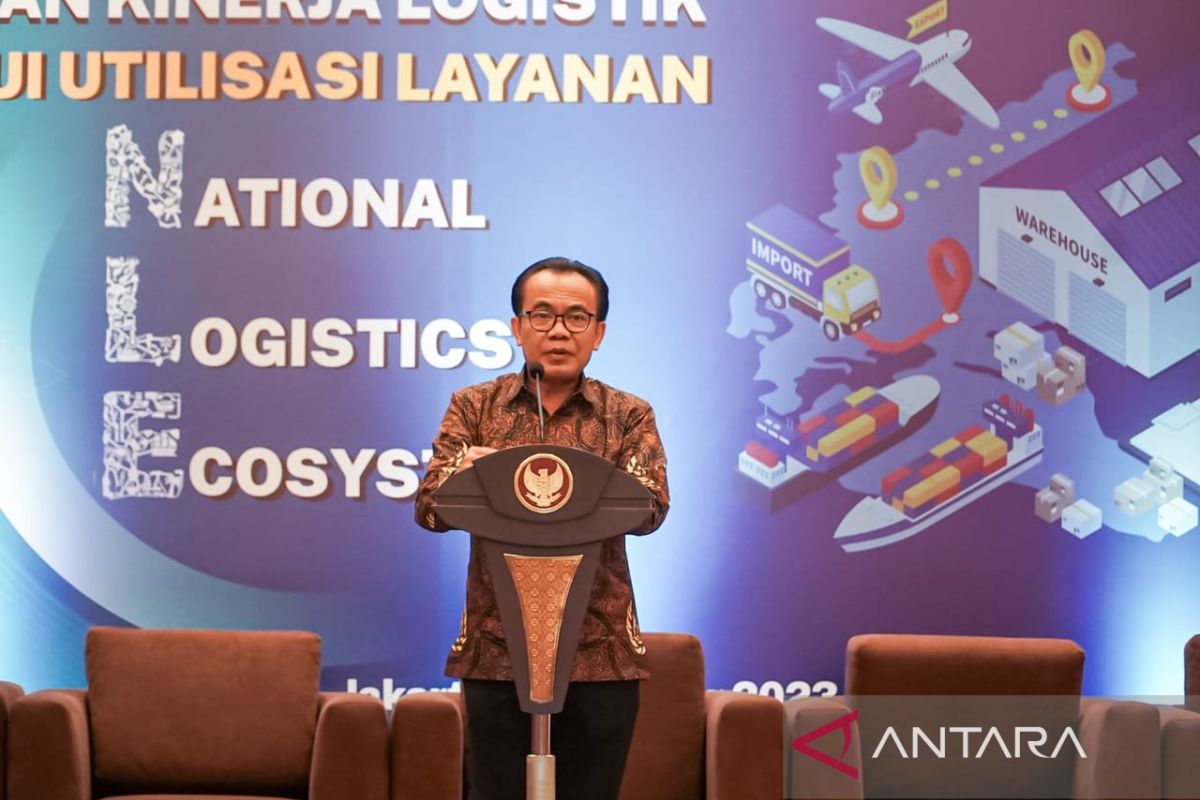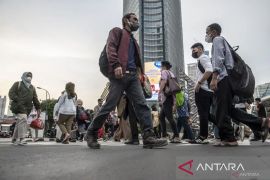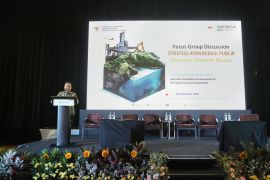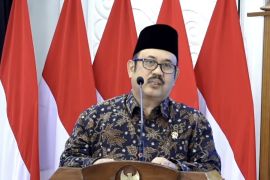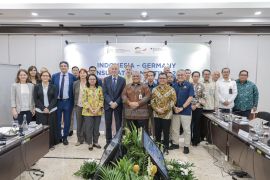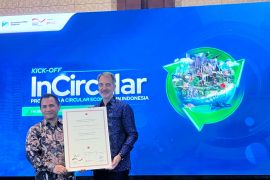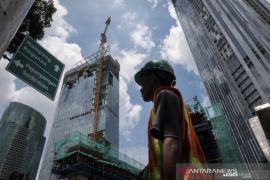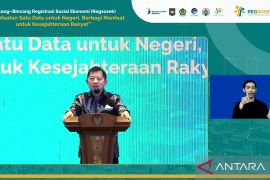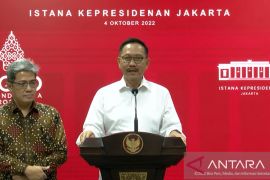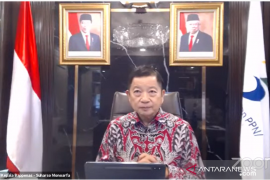The government's efforts to develop the NLE began with the issuance of Presidential Regulation (Perpres) Number 26 of 2012 concerning the Blueprint for the Development of the National Logistics System, which was followed by the issuance of the Economic Policy Package (PKE) Phase 15 in 2017 for business development and supporting the competitiveness of national logistics service providers.
"Efforts to improve the national logistics system have produced results, with the national dwelling time in August 2023 reaching 2.52 days, exceeding the target of 2.9 days, and leading in the ASEAN region, only slightly below Singapore. We appreciate our national logistics," Moegiarso said in an official statement in Jakarta on Wednesday.
Then, in the next stage, the government continued with Logistics Reform 3.0 through Presidential Instruction (Inpres) Number 5 of 2020 concerning NLE, which aimed to eliminate duplication and previous barriers through digitalization and ease of single submission services.
In the future, the government will strengthen the national logistics performance monitoring system with KPIs that can describe logistics conditions in real-time and quantitatively, Moegiarso informed. The main indicators that have continued to increase efficiency have included logistics costs, the ability to consistently maintain service quality (reliability), the speed of delivery of goods (speed), and the ability to adapt quickly (agility).
"We also emphasize synergy and collaboration as the key to maintaining economic resilience, ensuring the achievement of economic growth targets, and supporting the success of Logistics Reform 4.0 to achieve the vision of a Golden Indonesia 2045," he said.
Earlier, Coordinating Minister for Economic Affairs, Airlangga Hartarto; Minister of National Development Planning and head of the National Development Planning Agency (Bappenas), Suharso Monoarfa; and Statistics Indonesia (BPS) officially launched the "National Logistics Cost using the Input-Output Table" database, which is owned by BPS.
The current national logistics costs of 14.29 percent of the gross domestic product (GDP) make Indonesia one of the most competitive countries in ASEAN in the logistics sector.
In the next 10 years, it is hoped that these costs will reduce to around 10 percent of the GDP, and are targeted to be lowered to around 8 percent of the GDP by 2045, or the level of developed countries.
Meanwhile, to increase the average utilization of ports in the eastern region of Indonesia, which is currently still below 50 percent, the government has continued to make improvements by increasing port infrastructure by optimizing traffic volumes or subsidies for ports with minimal traffic in the Eastern region.
Policy initiatives are also being encouraged in the form of improving the commodity-based logistics approach to create new leading industrial centers in eastern Indonesia as well as the use of multi-vehicle transportation and the development of integrated logistics areas based on a hub and spoke model to improve logistics performance and cost efficiency.
Translator: Bayu Saputra, Cindy Frishanti Octavia
Editor: Azis Kurmala
Copyright © ANTARA 2023
